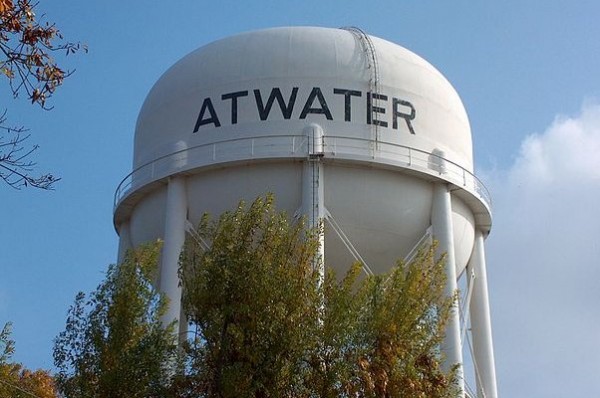California City of Atwater Bankruptcy Imminent


The primarily agricultural city of Atwater in California's Central Valley will almost certainly be the fourth California city to file for bankruptcy this year. The process leading to an Atwater bankruptcy filing begins on Oct. 3, when the city council will vote on whether or not to O.K. a fiscal emergency declaration. The expected "yes" vote will allow Atwater, which has a population of 28,000, to follow San Bernardino, Stockton, and Mammoth Lakes into bankruptcy.
The city has little choice given its $3.3 million deficit and probable insolvency by the end of the year. In addition, Atwater is carrying $95 million in bond debt. Median home values have dropped 60% since 2007. Unemployment is over 20%. "We are in a tough spot. All I can say, sir, is keep us in your prayers. We will need it," says Mayor Joan Faul. Their perilous financial situation worsened when the State of California stopped funding redevelopment for cities. Atwater has fired 30% of its employees and may fire one-third more, which would leave about 56 city workers remaining, compared to 120 in 2008.
Atwater is hardly alone in its unfortunate circumstances. Credit rating agency Moody's predicts more California cities will go bankrupt and plans "a wide-ranging review of municipal finances in California because of what it sees as a growing threat of city bankruptcies and bond defaults." This could lead Moody's to downgrade ratings for distressed cities, which would increase their borrowing costs at precisely the time when they can least afford it.
While individual circumstances certainly vary by city, the causes of their financial collapse are usually similar. Revenues and spending soared during the real estate boom. Cities borrowed to finance redevelopment and received money for such projects directly from the state. The driving wheel of their local economies became real estate and, aside from this, cities often lacked an established financial base. They also hired new employees, increasing the amount owed for public pensions.
Then, the real estate bubble burst. Real estate development slowed dramatically or stopped. Property tax revenues dropped precipitously. Unemployment rose. Cities began laying off workers and wondering how they would make bond and pension payments.
Atwater found itself reeling from the real estate collapse. Now, the city's financial devastation is threatening its ability to provide essential services. Law enforcement, fire departments, water and sewage treatment, and road repairs all need adequate levels of financing or else a city will degenerate, causing people to move away, and prolongated recovery.
Phil Batchelor, former interim city manager of Vallejo, California, which declared bankruptcy in 2008, recently spoke to NPR about what it really means for a city to default. He emphasized that filing for bankruptcy is not a "get out of jail free card," but rather buys time and brings people together from all corners of the community. If Atwater takes anything away from Vallejo's experience, its that patience and alliances that transcend partisanship can rebuild and revive.



